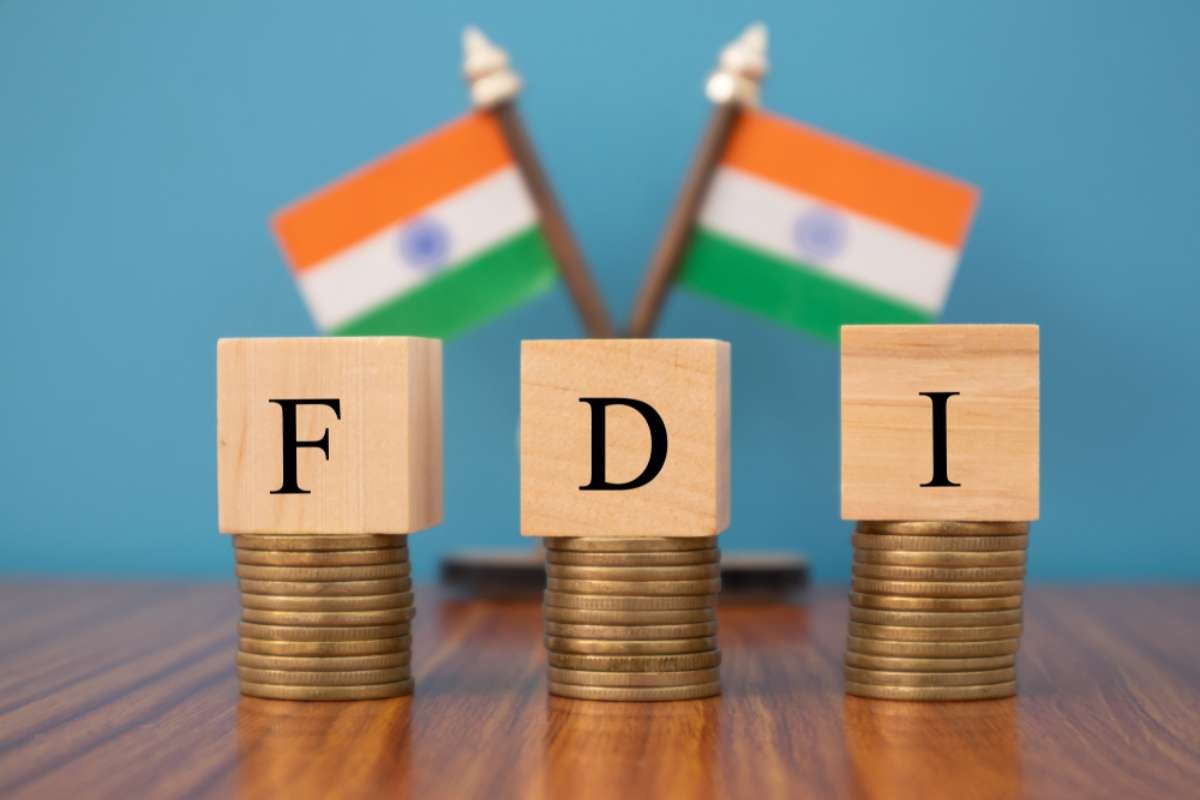Key Points:
- Urban Company IPO jumps 50%+ on strong investor trust.
- Equal co-founder stakes and smart pricing boost confidence.
- Quick services expansion drives growth despite short-term profit impact.
The Urban Company IPO made a stellar debut on the stock exchanges, listing at a premium of over 50 percent after its initial public offering (IPO) was subscribed nearly 109 times. The Rs 1,900 crore issue has quickly become one of the most successful new-age technology IPOs in India, signaling strong investor appetite for profitable internet-based service platforms.
The company’s founders, Abhiraj Singh Bhal, Varun Khaitan, and Raghav Chandra, emphasized governance, transparency, and consistent communication during the pre-IPO phase. Their efforts, coupled with early backing from SBI Mutual Fund, bolstered confidence among institutional and retail investors alike.
Transparency, Equal Stakes, and Strong Governance
From the outset, Urban Company built investor trust by maintaining open communication. The founding team provided regular six-month goals and progress updates, even addressing potential risks such as rising competition in its quick services segment. This approach distinguished the company from peers that often avoid discussing challenges once valuations climb.
The three co-founders also maintain equal ownership stakes of 6.7 percent each, collectively holding just over 20 percent of the firm. This unusual equity structure, according to investors, underscores fairness and clarity in leadership responsibilities. Stakeholders say the promoter-led model fosters confidence in long-term stability.
Urban Company has projected breakeven by fiscal year 2027 and profitability by fiscal year 2028. While it reported a profit of Rs 240 crore in fiscal 2025, nearly Rs 211 crore came from deferred tax credits, leaving just Rs 28 crore as pre-tax profit. Even so, in a landscape where few internet companies are turning profits, the numbers boosted optimism among retail investors.
Strategic IPO Pricing and Retail Investor Gains
Although Urban Company initially considered a larger issue of Rs 3,000 crore, it reduced the IPO size to Rs 1,900 crore. This move effectively “left money on the table,” creating value for new shareholders. At the upper end of the price band, the company’s valuation was set at approximately Rs 14,800 crore, slightly below its last private market valuation of Rs 16,000 crore in 2021.
By offering a modest discount, the Urban Company IPO ensured accessibility for retail investors and signaled confidence in sustainable long-term growth. For many individual investors, headline profitability and a household brand name were enough to drive enthusiasm, despite the company’s acknowledgement that near-term profits will be impacted by further investment in its quick services business.
Quick Services Push and Competitive Landscape
One of the brightest growth prospects for Urban Company lies in its quick services unit, where it competes with Lightspeed-backed Snabbit and Pronto, funded by General Catalyst. While a late entrant in this segment, the company benefits from a larger customer base and higher brand recall.
The quick services market is estimated to be worth Rs 2,000–2,500 crore, with strong traction in major urban centers such as Mumbai. Sources say the platform has become especially popular with young professionals moving to new cities, creating significant recurring demand. Urban Company has already provisioned Rs 150–200 crore to strengthen this vertical, which is expected to affect short-term profitability but expand its long-term market share.
SBI Mutual Fund Endorsement and Roadshow Success
A pivotal moment in Urban Company IPO journey was securing investment from SBI Mutual Fund, India’s largest asset manager. This endorsement provided a strong signal of credibility to other institutional and retail investors. A lengthy three-and-a-half-hour meeting with the fund’s team further reinforced confidence in the company’s strategy and governance.
In addition, extensive roadshows across Mumbai and Gujarat allowed the company to directly engage with high-net-worth individuals and institutional players. Industry sources noted that the founders’ clarity, openness, and time investment during these sessions played a crucial role in driving oversubscription, highlighting the success of the Urban Company IPO.
Outlook
With its IPO now completed and market debut exceeding expectations, Urban Company faces the challenge of sustaining growth while navigating rising competition in quick services. Analysts suggest that the combination of strong governance, balanced co-founder ownership, and transparent investor communication could help the company remain a benchmark for new-age technology listings in India.
As the grey market premium indicated, demand for Urban Company IPO shares remains strong. Whether the firm can convert this momentum into sustained profitability will be closely watched by investors and industry peers alike.
Visit Business Viewpoint Magazine to read more.








